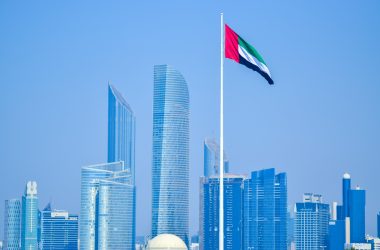France’s left-wing New Popular Front (NPF) has emerged as the largest group in parliament after the recent French elections. With this newfound power, the NPF has wasted no time in making its demands known. The coalition, which includes the hard-left France Unbowed party, is calling for a prime minister who will implement its radical ideas, including a new wealth tax and price controls on essential goods like petrol.
Although the NPF secured the most seats in parliament, it fell short of the 289 needed for a majority in the National Assembly. President Emmanuel Macron’s Together bloc came in second, with Marine Le Pen’s far-right National Rally (RN) party finishing third. Now, as France’s political parties jockey for position, it remains to be seen how things will shake out. However, the NPF is adamant that its policies will be implemented.
Manuel Bompard, a member of France Unbowed and part of the NPF, stated, “The president must appoint someone from the New Popular Front as prime minister to implement our programme, the whole programme and nothing but the programme.” It is unclear if the NPF will form a majority with other parties or if more moderate members of the coalition will break away in a deal with centrists.
France Unbowed’s leader, Jean-Luc Melenchon, has been described as a firebrand and the most divisive figure in French politics. He has also been compared to Britain’s Jeremy Corbyn. The NPF’s policies, outlined shortly after its formation in June, include raising the minimum wage, price controls on essential goods, lowering the retirement age to 60, and implementing a new 90% tax on annual income above €400,000 (£337,954). The coalition also plans to heavily invest in green transition and public services.
As France braces for potential political shifts, President Macron – who called the snap election to counter the rise of the far-right – may seek a deal with more moderate elements of the NPF. While he has ruled out working with Melenchon’s party, he could potentially reach out to other parties within the NPF, such as the Socialists and the Greens. Last week, his government suspended a decree that would have reduced workers’ rights to unemployment benefits, which has been seen as a gesture towards the left.






